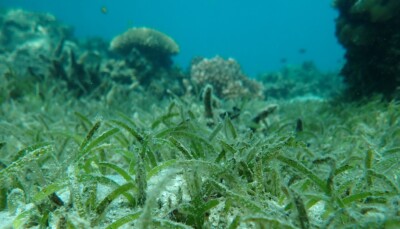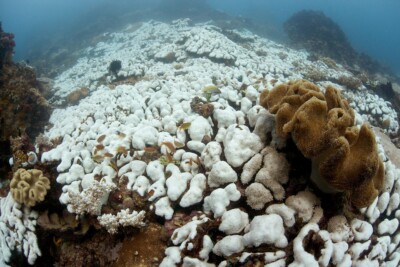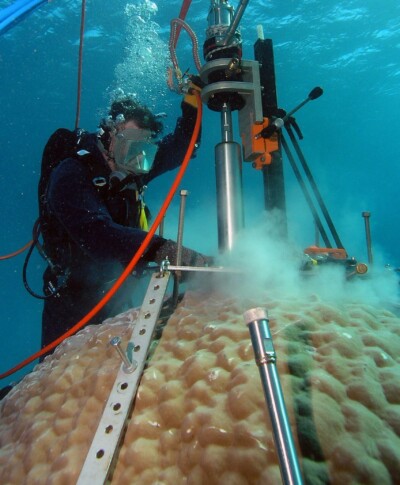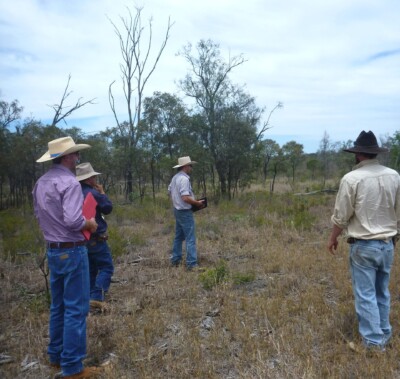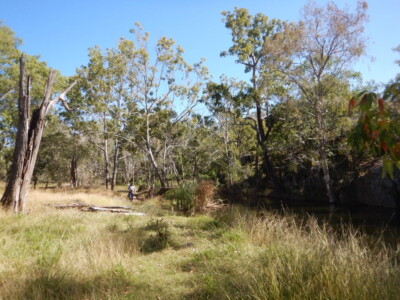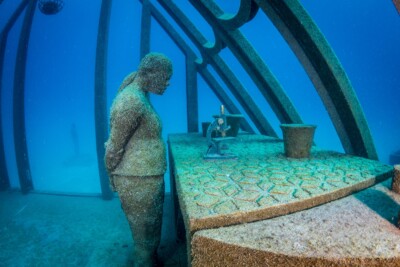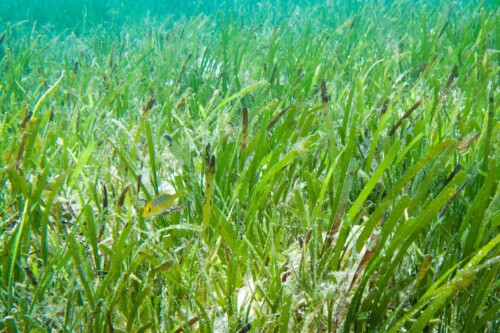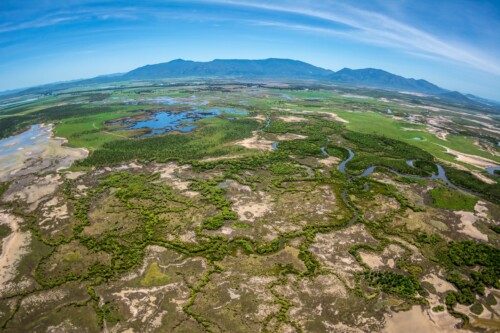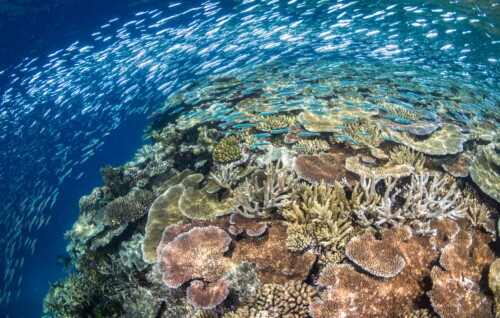Values, condition and drivers of health of the Great Barrier Reef

What are the socio-ecological, cultural, economic and intrinsic values of the Great Barrier Reef? [Q1.1]
Authors: Dr. Maxine Newlands1,2, Oluwatosin Olayioye1
Affilications: 1James Cook University; 2University of Queensland

Evidence Statement
The synthesis of the evidence for Question 1.1 was based on 85 studies undertaken predominantly within the Great Barrier Reef region and published between 1990 and 2023. The synthesis includes a High diversity of study types (62% observational, 11% modelled, 5% experimental, 3% theoretical and 19% reviews), and has a High confidence rating (based on High consistency and High overall relevance of studies).
Summary of findings relevant to policy or management action
The Great Barrier Reef embodies a diverse array of values including ecological (including biological), social, economic and cultural (including Indigenous and non-Indigenous) heritage values. Its outstanding universal value is formally recognised through the declaration of the Great Barrier Reef as a World Heritage Area in 1981. The values and benefits generated by the Great Barrier Reef are multifaceted and intertwined. Values range from tangible commercial benefits like tourism, recreation and commercial fishing, to cultural aspects, including Indigenous heritage and identity. Many benefits are enjoyed directly, including recreational activities such as snorkelling, diving, and boating, that enrich people’s wellbeing and lifestyle. The Great Barrier Reef also generates a range of indirect and non-use benefits, including the intrinsic value of its existence, aesthetic, lifestyle, protection, educational and research outcomes. Quantifying the benefits of the Great Barrier Reef is complex given the large number of factors involved and diversity of stakeholders. Financial investments, regulatory instruments, policy and management decisions are typically informed through the assessment of values, and these values can vary across the Great Barrier Reef region depending on location, demographics and the benefits being assessed. A number of threats to the values of the Great Barrier Reef have been identified, though climate change is recognised as the most significant.
Supporting points
- The Great Barrier Reef is a complex and diverse ecosystem that supports a vast array of marine life including fish, corals, turtles, dugong, whales, and many other life forms. It encompasses 70 ‘bioregions’ (30 reef bioregions and 40 non-reefal bioregions) and it is home to thousands of species, including many endangered and threatened species, making it important for ecosystem biodiversity. The Great Barrier Reef and its catchment area also provides many ecosystem services and related livelihoods for Great Barrier Reef communities
- Different conceptual frameworks are available to depict the complex relationships between ecological and human systems which categorise the flow of uses, benefits and services in different ways, informing concepts of value. The Total Economic Value framework and Ecosystem Services framework are two of the main approaches that have been applied. More recent approaches place greater emphasis on the relationships between people and ecosystems and how the condition and perceptions of the Great Barrier Reef can impact on those.
- Previous (pre-pandemic) economic analyses show that the Great Barrier Reef generates billions of dollars annually through tourism, fishing, research and recreational activities. It supports approximately 64,000 direct and indirect jobs and attracts over two million visitors each year who contribute to the local and national economies through spending on accommodation, trips to the reef, and other services. However, there is a need for updated economic information that considers the economic, social and cultural implication of bleaching events and the economic effects of the COVID-19 pandemic on a larger scale.
- Australians, even those who do not use it directly, place great value on the Great Barrier Reef, and broadly support efforts to ensure the maintenance and continuation of its existence, aesthetic and other intrinsic benefits. Further loss of values may affect public trust in the government’s ability to effectively manage the Great Barrier Reef.
- Cultural heritage values, particularly the Indigenous values of Aboriginal and Torres Strait Islander peoples and their connection with traditional lands and waters are significantly important. The Great Barrier Reef has deep spiritual, cultural, and historical significance to these communities, having been at the heart of their culture and way of life for thousands of years, supplying sustenance, cultural practices, and connections to ancestral lands.
- The low level of Indigenous participation in studies on the values of the Great Barrier Reef is identified as a gap, and there is a need for further research into methodologies that incorporate Indigenous values into established models.
- There are knowledge gaps in the understanding of value concepts, particularly how scientists and researchers define ‘value.’ The evidence suggests that the development of a typology of Great Barrier Reef values that considers different perspectives and cultures would be helpful to define those values.
- The health of the Great Barrier Reef has an important impact on people’s economic security and sense of wellbeing, and the connection between value, health and wellbeing is critically important, particularly in the context of the threats impacting its outstanding universal value.

